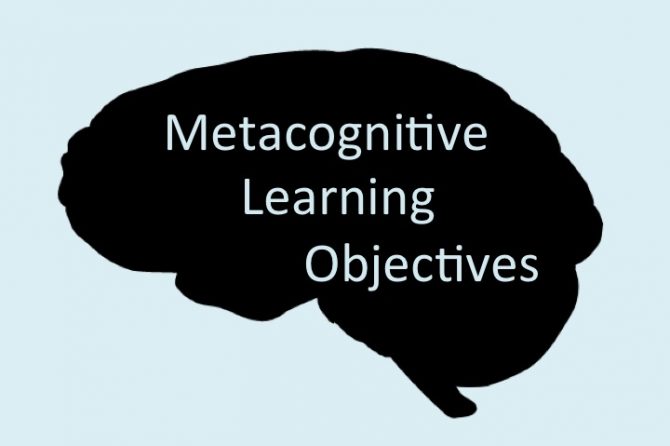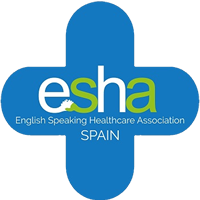
Metacognition and Self-regulation in the Classroom
Metacognition and self-regulation approaches (sometimes known as “learning to learn”) seek to help students learn about their learning in a more explicit way. This is done by teaching specific strategies for setting goals, monitoring and evaluation of their own academic performance.
Self-regulation means managing personal motivation towards learning. The idea is that thestudents have strategies that allow them to identify how much they are learning and how they are doing it.
How effective is it?
Metacognition and self-regulation have consistently high levels of impact with students achieving an average of 8 additional months of progress. The evidence indicates that teaching these strategies can be particularly effective for younger students.
Metacognition and self-regulation have consistently high levels of impact. These strategies are usually most effective when taught in collaborative groups, where learners can work together and make their thinking explicit through discussion. The impact potential of these approaches is very high, but may be difficult to achieve, given that it requires students to take more responsibility for their learning and develop their understanding of what it takes to be successful. There is no simple method or trick for this. It is possible to support hard-working students who do not know how to monitor or manage their own learning, but who come to trust the support of their teacher.“Scaffolding” provides a useful metaphor: A teacher will provide support when introducing a student to a new concept, then the support will decrease to ensure that the student manages to use their own autonomous learning.
What the evidence tells us
A robust number of papers and meta-analyses have consistently found similar levels of impact for strategies related to metacognition and self-regulation. Both being cost-effective policies. In the UK, different studies seeking to improve the learning of learning skills, show that academic results can indeed be improved. A study conducted in 2014, “Improving the Quality of Writing,” used a structured writing development program based on a self-regulation strategies. The evaluation found an average of 9 additional months progress, suggesting that the impact of self-regulation strategies can be achieved in schools of any level.
In 2015, evaluations of a research-based program, “philosophy for children” and a program called “thinking, doing and speaking science,” found gains between two and five months of additional progress. There were also indications that the programs were especially beneficial for students from families with low income levels.
Reflections for teachers
Before implementing this strategy in your learning environment, consider the following:
1. Have you taught students explicit strategies on how to plan, monitor, and evaluate specific aspects of their learning? Have you given them opportunities to use them? Both with support and then independently?
2. Teaching how to plan: Have you asked students to identify the different ways in which they could plan (general strategies) and then how best to approacha particular task (specific strategy)?
3. Teach how to monitor: Have you asked students to consider where homework might have gone wrong (mistake)? Have you asked students to identify the key steps to keep track of task progress?
4. Teach how to assess: Have you asked students to consider how they might improve their approach to the task if they complete it again?
Recommendations for the teacher: Metacognitive strategies to implement in class
• During class, encourage your students to ask questions. Do not assume that the students understood everything, just because they didn’t ask.
• Apply formative assessment strategies with low consequences (for example, points or housemarks), to identify gaps in your students’ knowledge and guide future classes.
• During class, students should ask themselves:- What are the main ideas of this lesson?
– Was there anything confusing or difficult?
– If something didn’t make sense, what question should I ask the teacher?
– Am I taking the right notes?
– What can I do if I get stuck on a problem?
Metacognitive strategies to use when preparing for a test
• Encourage students to self-assess rather than simply reread or underline texts.
• Before a test, students should ask themselves:
– What will appear on the test?
– What areas are harder for me or do I feel confused about them?
– How much time should I schedule to prepare for an upcoming test?
– What strategies will I use to study?
– What grade would I get if I took the test now?
Metacognitive strategies to use after a test
• Try to apply reflection sheets after tests, where students should review their performance and improve their study strategies throughout the year.
• After a test, students should ask themselves:
– What questions did I have wrong? Why?
– Were there any surprises during the test?
– Was he well prepared for the test?
– What could you have done differently?
– Am I receiving useful and specific feedback from my teacher to improve?
Leave a reply





Leave a reply